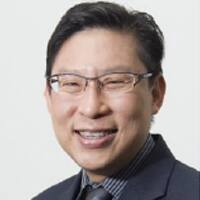Sessions With Bernard Nee
Thursday, 14 March
-
07:30am - 08:45am (CST) / -
Positioning Renewables in Asia: Finding the right policy mix
Panel Power Geopolitics/Energy Policy/Economics Climate/Environment/SustainabilityAs countries grapple with the increased emphasis for a low-carbon pathway, renewable power development is a fast-growing sector that offers the promise of zero emissions for their electricity needs. Policies are changing rapidly, with many countries abandoning feed-in-tariffs for an auction system that resulted in eye-catching offers for new power purchase agreements. What are some of the developments accelerating renewable adoption in Asia? How will markets adapt their power systems to accommodate more renewables when they have traditionally been built to support thermal generation units? As project developers seek capital, how will the roles of local and international banks evolve in this new environment? What are some of the changing policies accelerating renewable adoption in Asia’s fuel mix?
- Speakers:
- Zhi Xin Chong
- Toshiro Kudama
- Bernard Nee
- Xizhou Zhou

